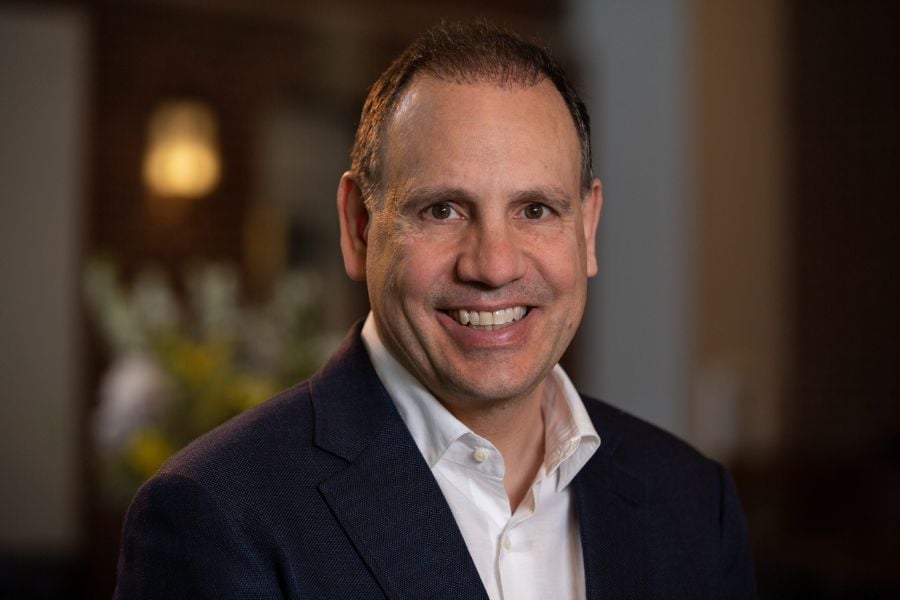

They say entrepreneurs comprise their own unique breed. Well, apparently those differences from traditional employees extend to financial planning as well, according to Michael Lehman, CEO of Premier Wealth Partners.
“It's much more complex for the business owner because he is wearing several hats,” said Lehman. “He's the operator of the business, the owner of the business and he also has to think of his own family, so he has to diversify amongst all those needs.”
That said, Lehman believes entrepreneurs tend to be more resilient than typical clockpunchers when it comes to financial planning. He points out that business owners can better stomach the ups and downs of cash flows and business cycles
Lehman is well acquainted with the entrepreneurial mindset because his advisory firm specializes in planning for successful business owners. His focus is on helping them build a legacy and safely pass down their wealth – and possibly the business – to future generations.
The big decision, says Lehman, is whether the founder should invest in the venture itself or on their personal side, such as retirement. A lot of those decisions are age-based as younger entrepreneurs have more time to recover from a failed venture.
“Obviously as they get a little bit older, they get married, they have children, and they're trying to balance their immediate needs, and hedging the bet against the business with making sure the kids go to college, maybe funding some of those retirement plans,” said Lehman. “But ultimately they're going to look at the return on investment within that business and if they can move in that direction and put more to work there, obviously that's going to be their ultimate goal.”
One problem typically shared by entrepreneurs, says Lehman, is an inability to delegate responsibility - even to their trusted financial advisor.
“Their attention to detail and their work ethic really brought them to a certain level of success,” said Lehman. “Now it's really pivoting from that standpoint.”
Not properly planning for taxes is another common mistake. And that means running the business like you're going to sell it, “even though you may never sell it,” says Lehman.
“You don't want to wake up one morning and say, ‘now it's time to sell the business and I want to retire,’” said Lehman.

Summit Financial unveiled a suite of eight new tools, including AI lead gen and digital marketing software, while MassMutual forges a new partnership with Orion.

A new analysis shows the number of actions plummeting over a six-month period, potentially due to changing priorities and staffing reductions at the agency.

The strategic merger of equals with the $27 billion RIA firm in Los Angeles marks what could be the largest unification of the summer 2025 M&A season.

Report highlights lack of options for those faced with emergency expenses.

However, Raymond James has had success recruiting Commonwealth advisors.
Orion's Tom Wilson on delivering coordinated, high-touch service in a world where returns alone no longer set you apart.
Barely a decade old, registered index-linked annuities have quickly surged in popularity, thanks to their unique blend of protection and growth potential—an appealing option for investors looking to chart a steadier course through today's choppy market waters, says Myles Lambert, Brighthouse Financial.
